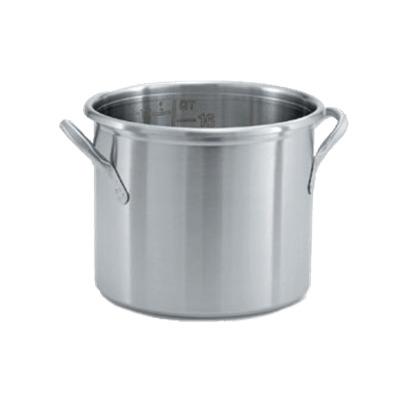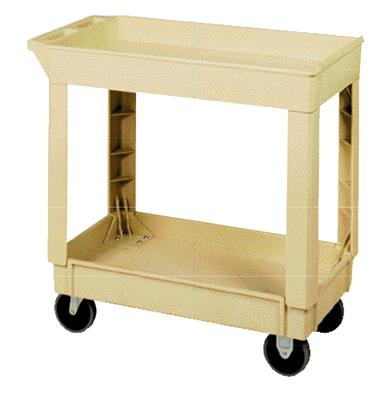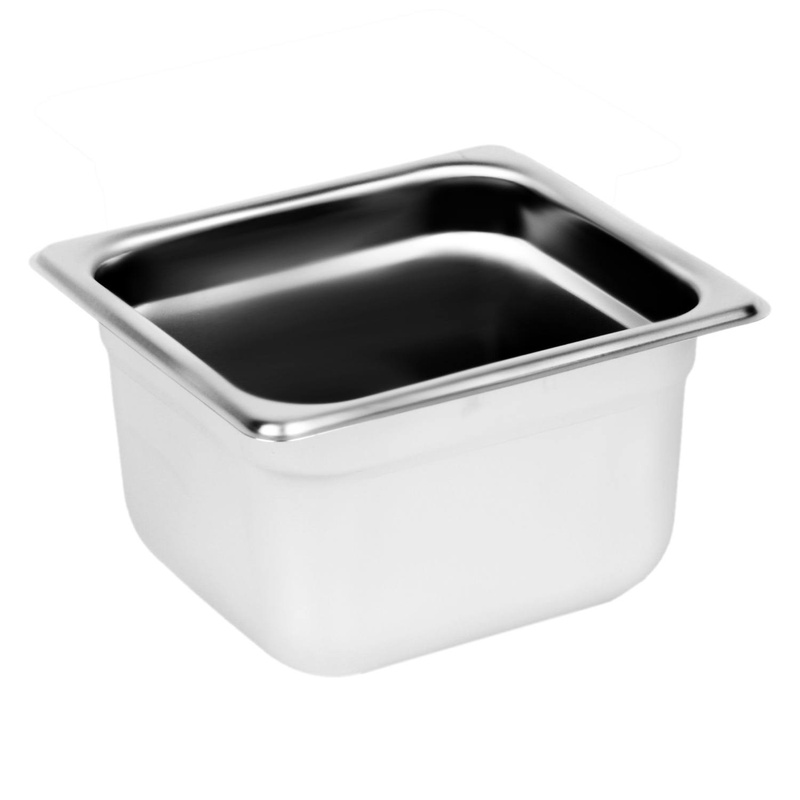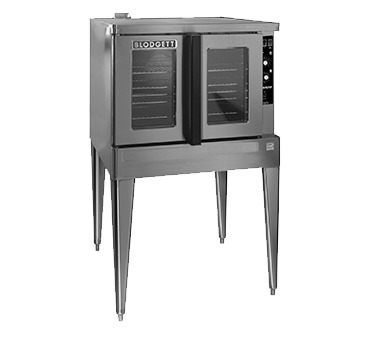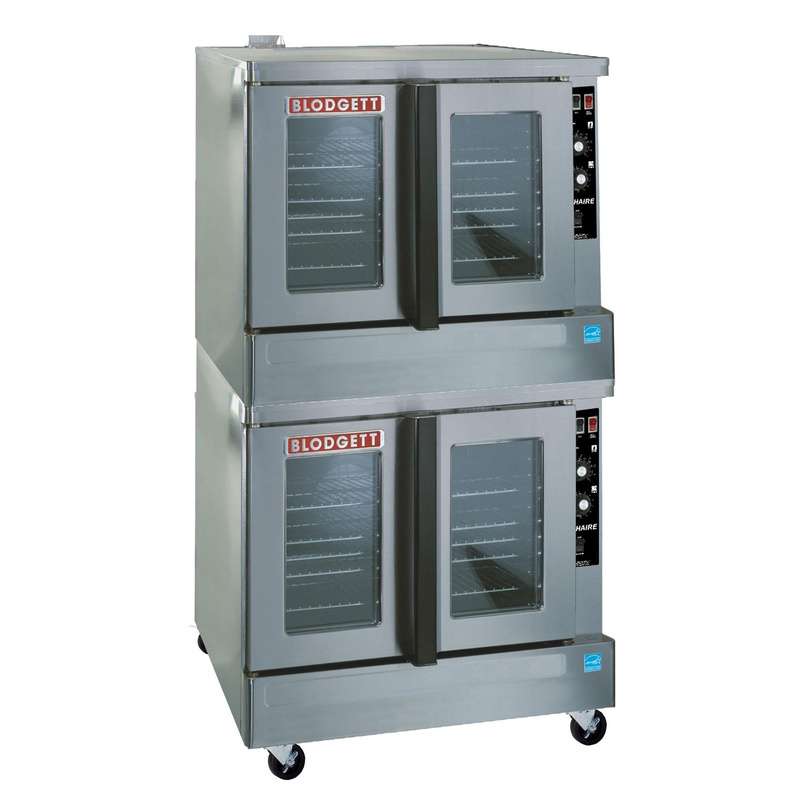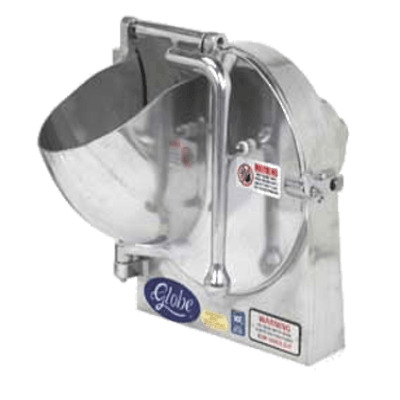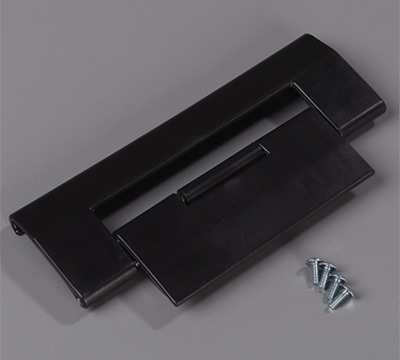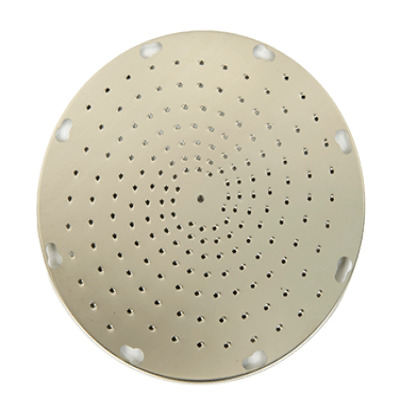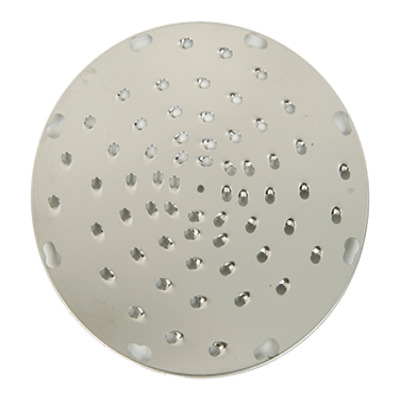In commercial kitchens, food safety is critical. Foodborne illnesses can have serious consequences for both customers and businesses. Today, we will discuss common foodborne illnesses and review tips on how to prevent them in your facility. By following these guidelines, you can ensure the safety of your customers and the success of your foodservice establishment.
Common Foodborne Illnesses
Salmonella is one of the most common foodborne pathogens. It can cause symptoms such as diarrhea, vomiting, fever, and abdominal cramps. In severe cases, it can even be life-threatening. Salmonella is often associated with raw eggs, poultry, and other animal products.
Escherichia coli (E. coli) is another harmful bacterium that can lead to foodborne illnesses. Symptoms may include severe stomach cramps, diarrhea (often bloody), and vomiting. Contaminated ground beef and raw vegetables are common sources of E. coli infections.
Listeria monocytogenes can cause listeriosis, a potentially severe illness. Symptoms may include fever, muscle aches, and gastrointestinal issues. Pregnant women, the elderly, and individuals with weakened immune systems are at higher risk. Listeria can be found in various foods, including deli meats and unpasteurized dairy products.
Norovirus is highly contagious and can spread rapidly, especially in close quarters like commercial kitchens. Symptoms include nausea, vomiting, diarrhea, and stomach cramps. Proper hygiene and sanitation are crucial to prevent norovirus outbreaks.
Prevention Tips
Now that you're aware of some common foodborne illnesses, let's explore how to prevent them in your commercial kitchen
• Handwashing: Emphasize the importance of frequent handwashing for all kitchen staff. Use warm water, soap, and scrub for at least 20 seconds.
• Hand Sanitizers: Provide hand sanitizers with at least 60% alcohol in convenient locations for quick access.
• Proper Cooking Temperatures: Ensure that all meats and poultry are cooked to the recommended internal temperatures to kill harmful bacteria.
• Cross-Contamination: Use separate cutting boards and utensils for raw and cooked foods to prevent cross-contamination.
• Safe Food Storage: Store perishable items at appropriate temperatures and use the FIFO (First In, First Out) method to rotate stock.
• Food Safety Training: Train your staff in proper food safety protocols, including temperature control, handwashing, and sanitation.
• Regular Cleaning: Establish a strict cleaning schedule for all kitchen equipment, utensils, and surfaces.
• Sanitizing Solutions: Use approved sanitizing solutions to disinfect surfaces effectively.
• Temperature Logs: Maintain temperature logs for refrigeration and cooking equipment to ensure food safety.
• Health Monitoring: Conduct regular health checks for kitchen staff to identify potential illness outbreaks.
Preventing foodborne illnesses in your facilities kitchen is essential for the health of your customers and the reputation of your business. By following these guidelines and maintaining a strong commitment to food safety, you can create a safer and more successful foodservice operation.

